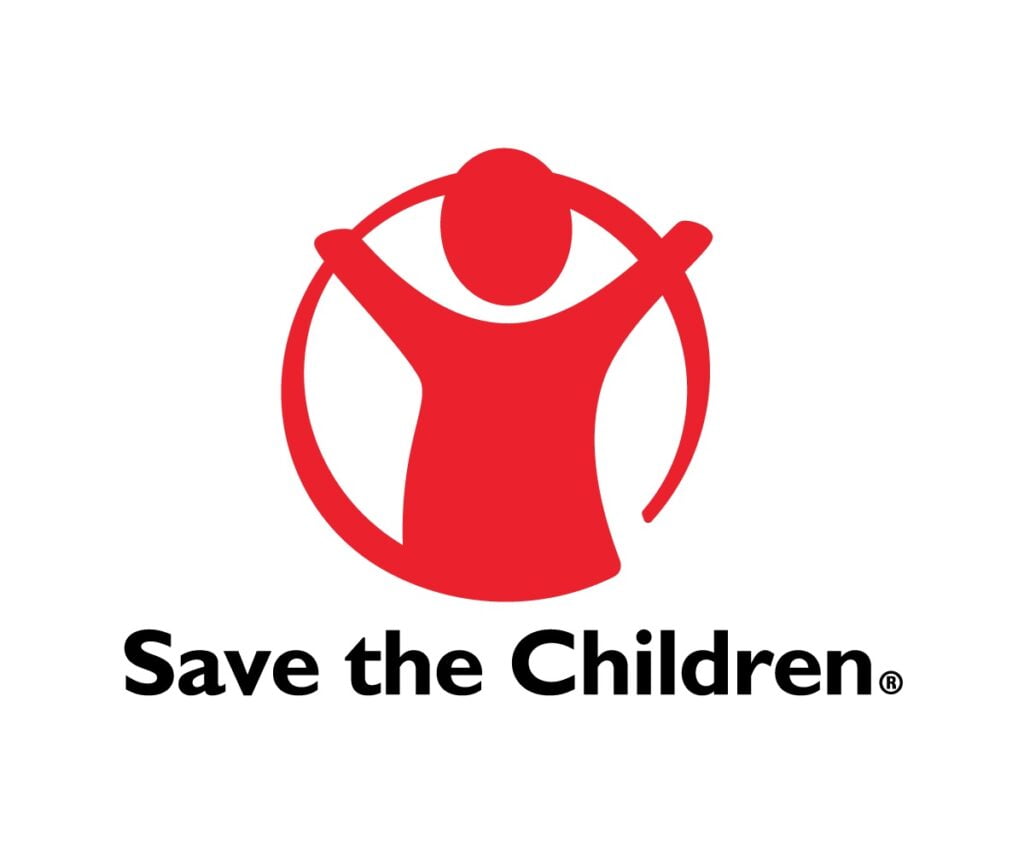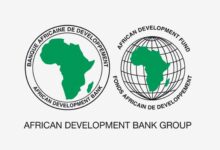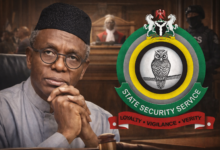PLANE programme to empower 200,000 children in Kaduna, Kano, Jigawa – SCI
 The Partnership for Learning for All in Nigeria (PLANE) says it will empower 200,000 children with requisite skills to access productive life opportunities in Kaduna, Kano and Jigawa states.
The Partnership for Learning for All in Nigeria (PLANE) says it will empower 200,000 children with requisite skills to access productive life opportunities in Kaduna, Kano and Jigawa states.
PLANE is a United Kingdom Foreign, Commonwealth and Development Office (FCDO)-funded programme, designed to drive inclusive education and improve learning outcomes in Nigeria.
Mr Ayuba Usman, Education Programme Coordinator, Save the Children International (SCI), Kaduna Office, stated this in Kauru on Tuesday, during community engagement to introduce the PLANE programme to community stakeholders.
Usman said the event was also organised to sensitise community members on the importance of education in commemoration of the 2023 International Day of Education with the theme, “To Invest in People, Prioritise Education”.
He explained that SCI would be leading a consortium of organisations to deliver window three of the programme tagged, “Community Support to Learning Programme in Northwest Nigeria.
He said that the programme, which ran between October 2022 and September 2026, would be implemented in Soba and Kauru Local Government Areas (LGA) of Kaduna State.
The other LGAs, he said were Minjibir, Makoda and Ajingi LGAs, Kano state and Malam Madori and BaburaLGAs in Jigawa state.
He said that the 200,000 children, comprised 120,000 girls and 80,000 boys, adding that the goal was to support more children and young people acquire skills to access more productive life opportunities.
According to him, the project will use evidence-based approaches to enable and increase community-based support to learning for marginalised children, especially girls and children with disabilities.
“This will be done through building foundation competencies, fostering empowerment, strengthening protection systems, and supporting families to overcome demand-side barriers to access inclusive education opportunities.
“The expected outcome is a more inclusive and effective education system delivering foundational skills with state and non-state basic education providers enabling better learning outcomes for all including marginalised children.
“The intermediate outcome is to see girls and boys including children with disability complete community-based learning interventions and have increased well-being and life skills.
“We also want to see community members engaged in collective action to create an enabling environment which supports girls’ and boys’ rights and to demand for safe, quality and inclusive education.”
He identified the intervention strategies as literacy boost and numeracy boost camps, catch up clubs, home-based learning, very young adolescent clubs, social behaviour change communication.
Others, he said, were inclusion, household economic strengthening, community case management, gender equality and safeguarding.
Responding, the Executive Chairman of Kauru LGA, Mr Bashir Dawaki, commended PLANE for selecting Kauru as one of the benefiting LGAs.
Dawaki, who was represented by Mr Hassan Dogara, Supervisory Councilor, Works, pledged to mobilise community members to support the success of the programme.

Also, Malam Iliyasu Abubakar, who represented leaders of Tsangaya Schools (traditional Quranic learning centres) in the LGA, appealed for the inclusion of Tsangaya children in the programme to acquire basic literacy and numeracy skills.
Abubakar said that 96 out of the 120 tsangaya schools in the LGA were ready for the children to be taught numeracy and literacy skills so that they would not be left behind.
On her part, a community member, Mrs Rahab Yunana, who commended the efforts, however, called for transparency and accountability, stressing the need to ensure only the targeted beneficiary were enrolled.
During the discussion on the importance of education, the Education Secretary, Mr Sabo Panga, urged parents and caregivers to support the educational development of their children.
According to him, education is a right, adding that no child should be denied the opportunity to access quality education.
Earlier, Mr Michael Andrew, Community Mobilisation Coordinator, SCI-PLANE Kaduna, who equally described education as a “human right” stressed that education would empower individuals, lifesaving, and the key to sustainable development.
Andrew called on parents and caregivers, communities, school administration, media, civil society organisations, and political leaders and all stakeholders to play their role in supporting the education of children.
The News Agency of Nigeria (NAN) reports that other highlights of the event include drama by school children on the importance of education as well as singing and dancing by a women’s group.












